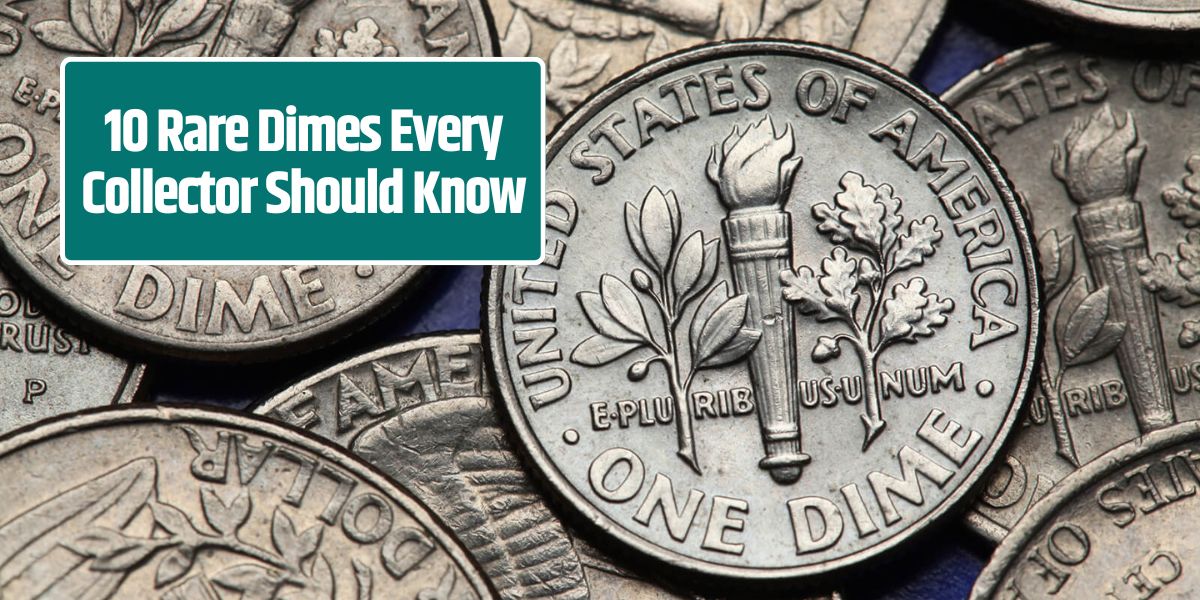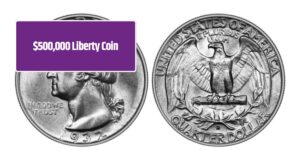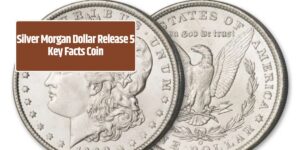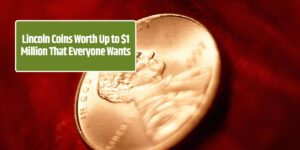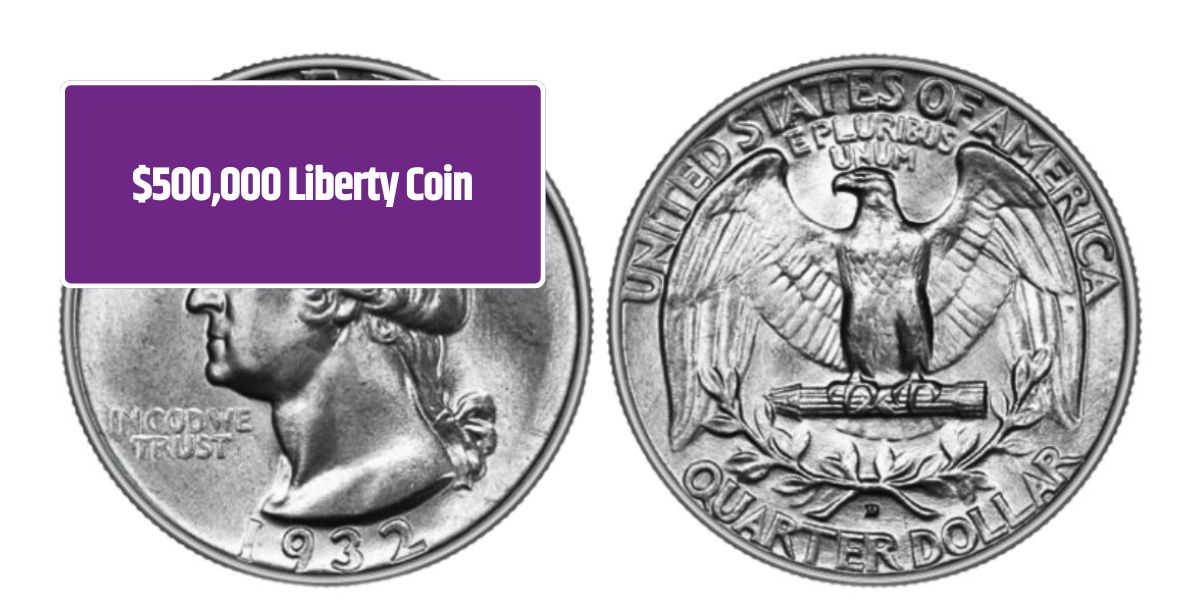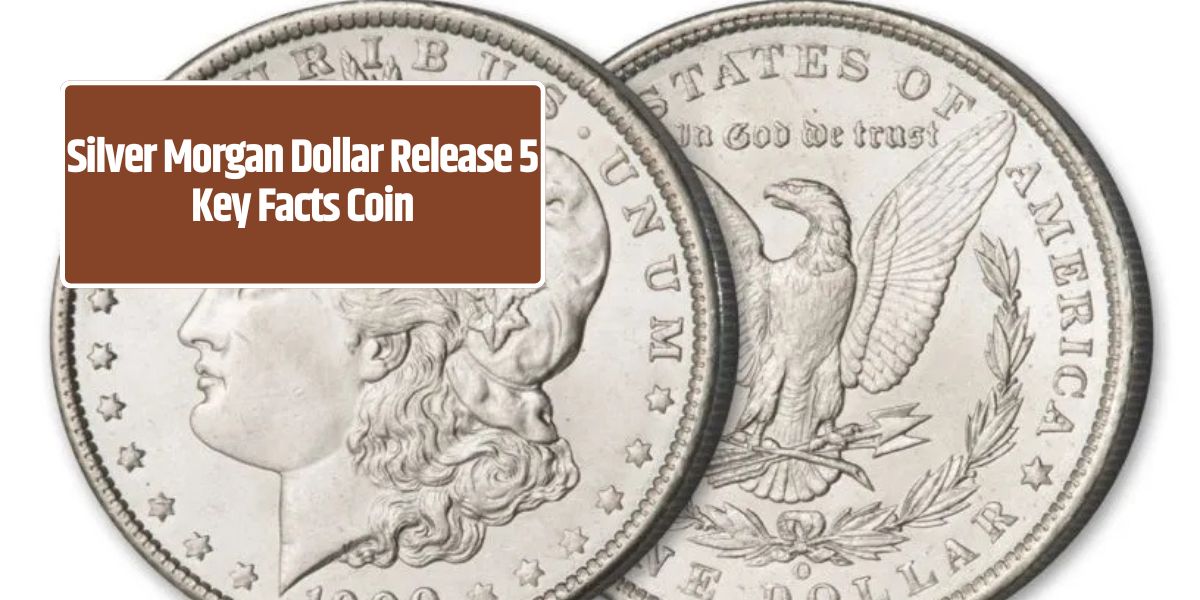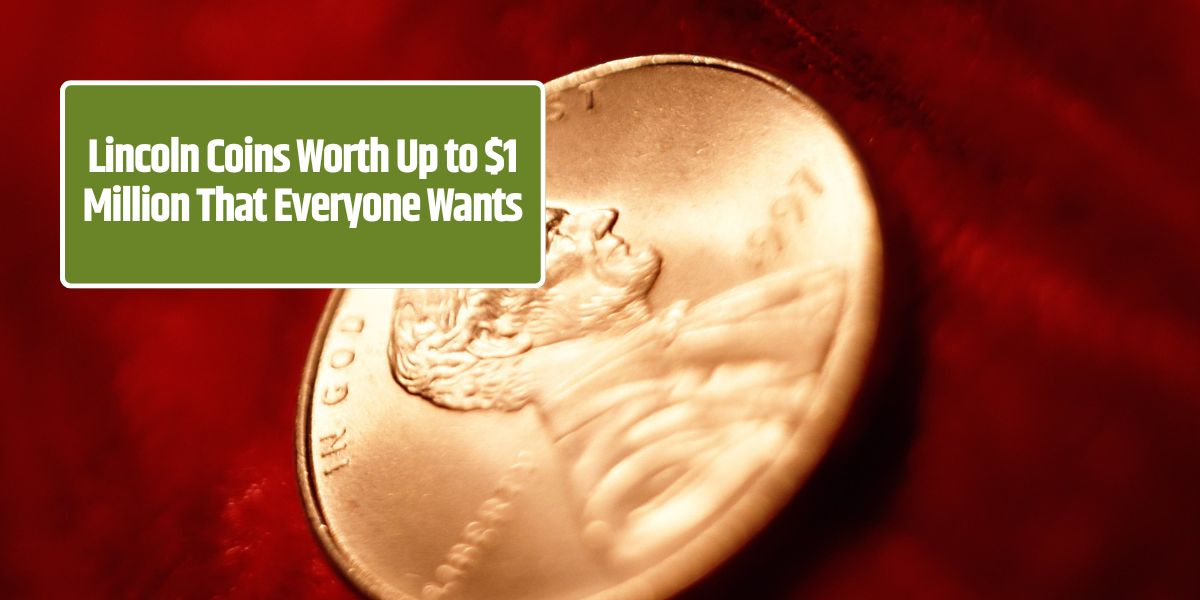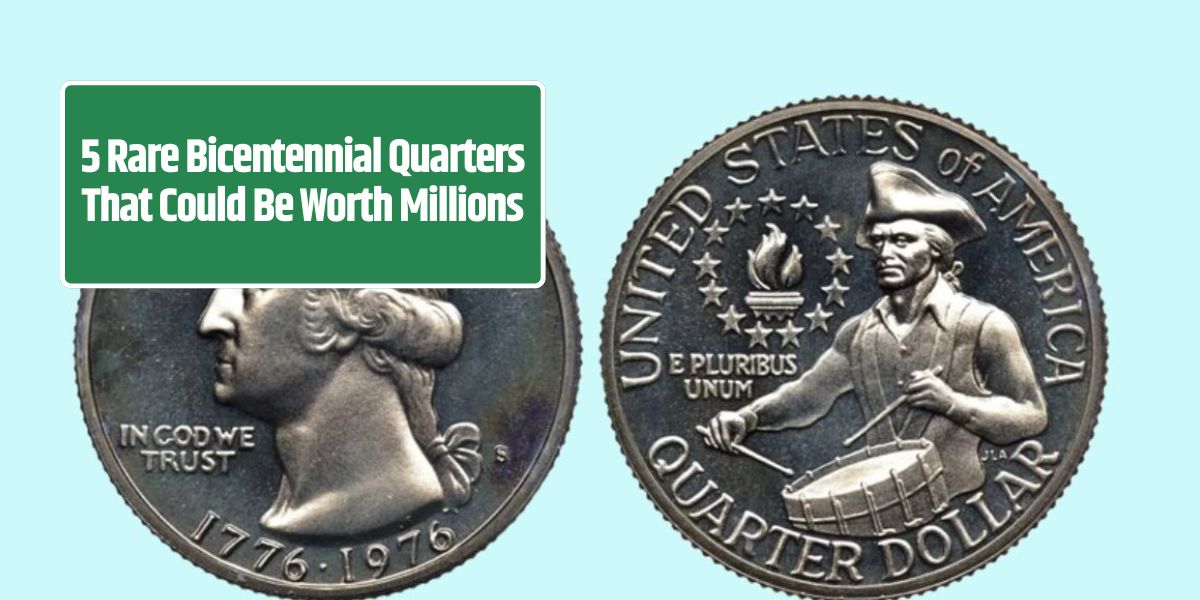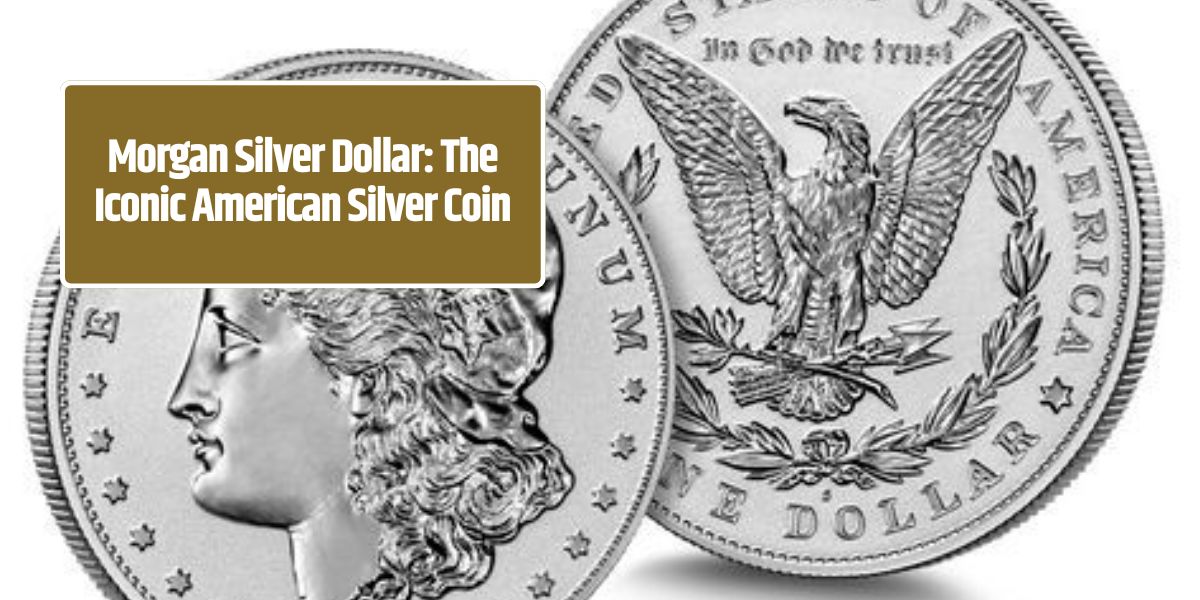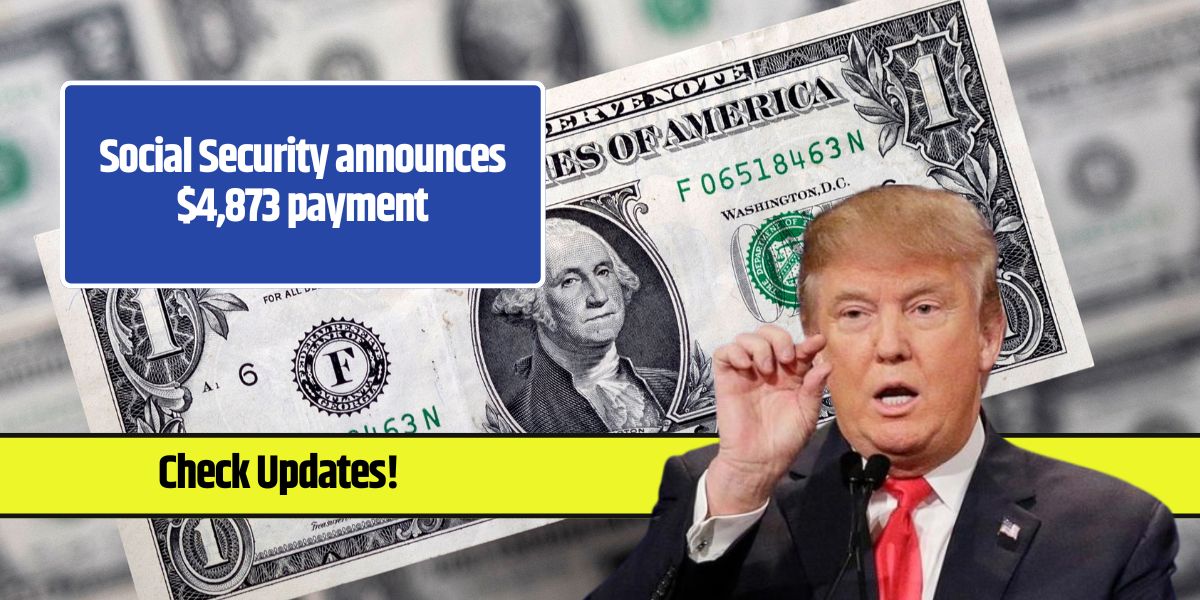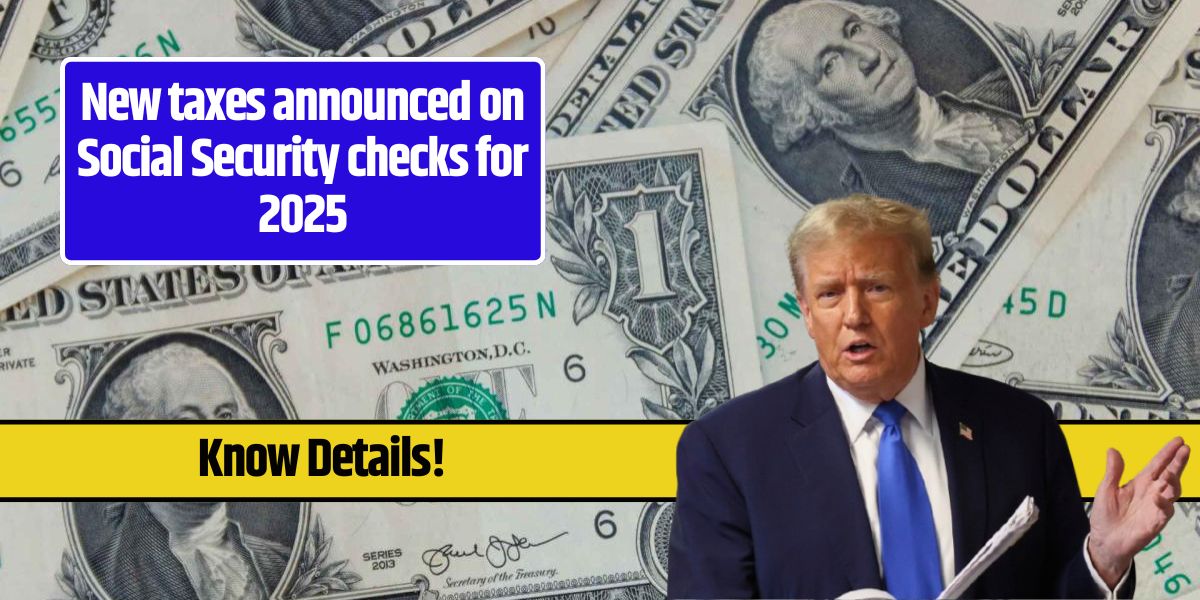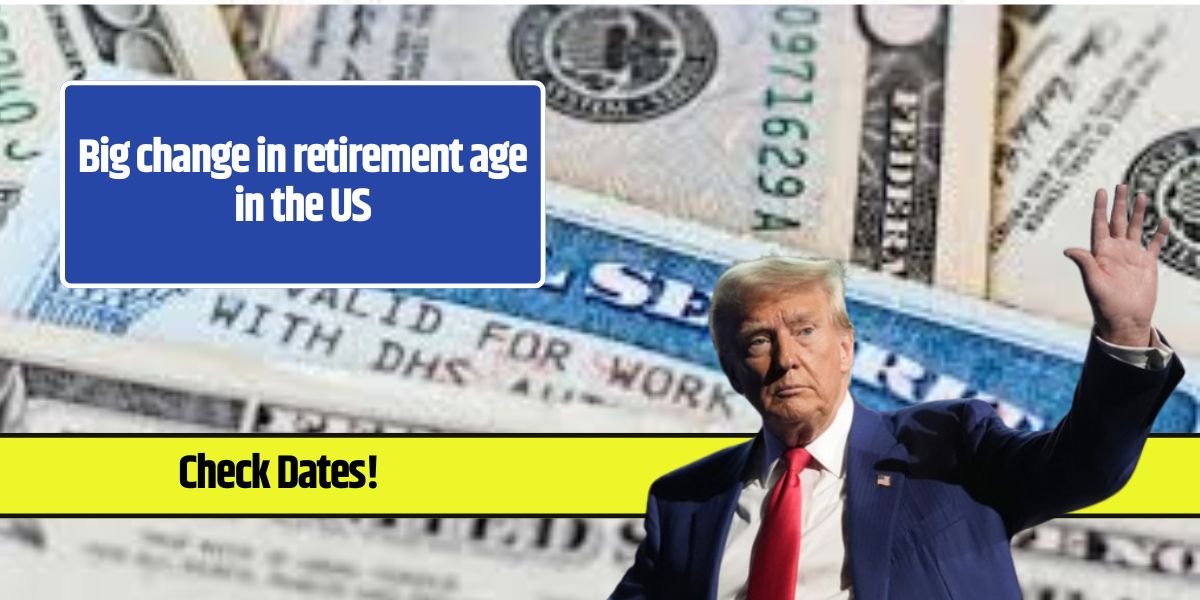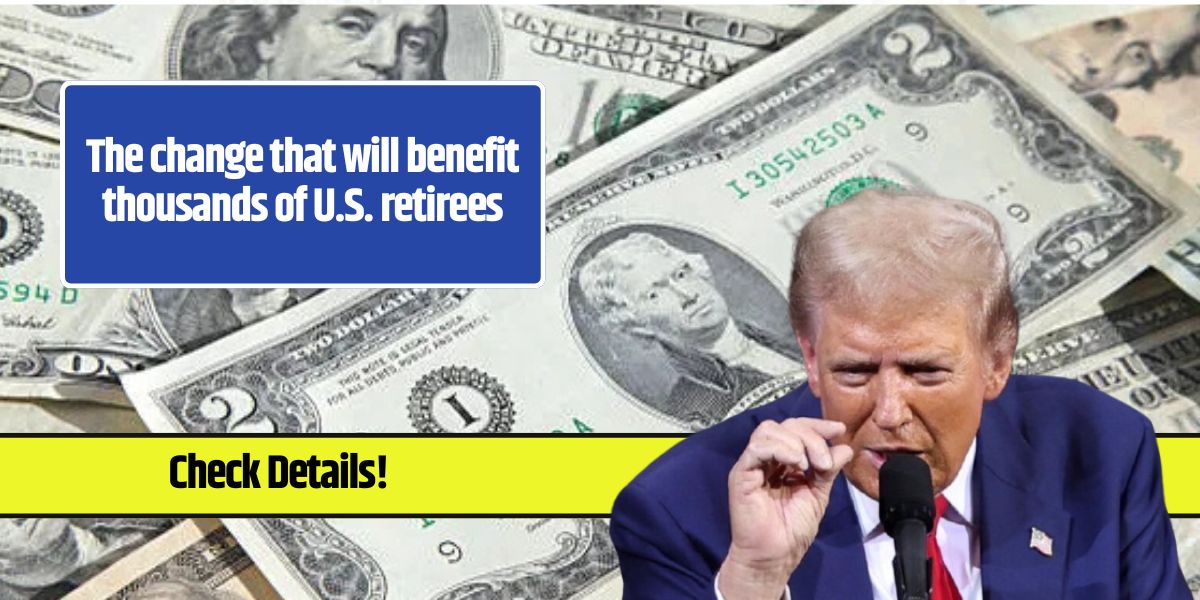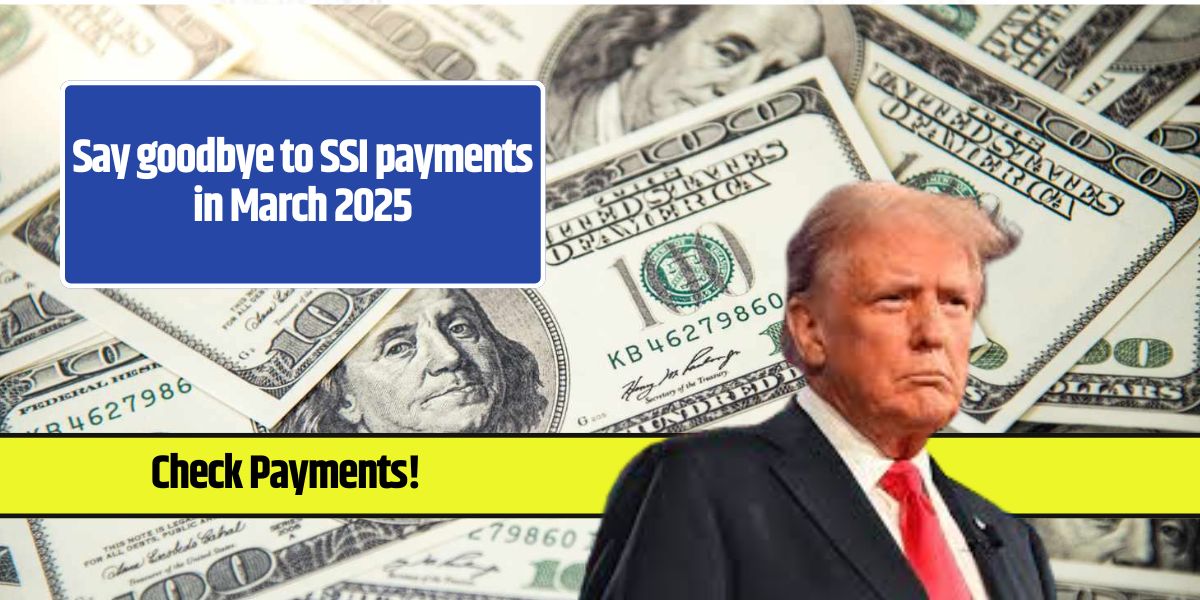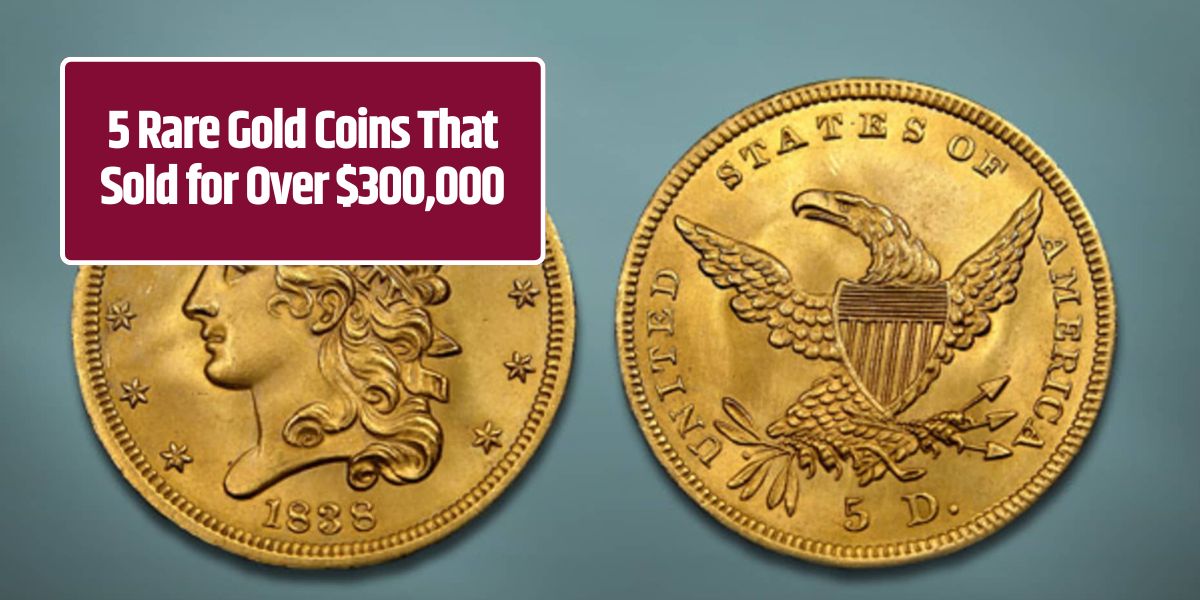Rare dimes hold a unique place in the world of coin collecting. These small, often overlooked coins can carry immense historical and financial value. Some of these dimes are so rare that they are valued at hundreds of thousands—or even millions—of dollars. Let’s explore some of the most sought-after dimes in U.S. history and discover what makes them so special.
Iconic Rare Dimes Every Collector Should Know
1894-S Barber Dime
Among U.S. coins, the 1894-S Barber Dime is legendary. With only 24 ever minted and fewer than 10 known to exist today, this coin is one of the rarest in history. A high-grade 1894-S Barber Dime can command prices well above $1 million, making it a prized piece in any collection.
1916-D Mercury Dime
The 1916-D Mercury Dime is another highly coveted piece, especially for those who focus on early 20th-century coins. With a low mintage from the Denver Mint, this dime is rare, and collectors will pay premium prices, particularly for coins in high-grade condition. Some specimens have fetched over $100,000 at auction.
1975 No S Proof Dime
This dime is a standout due to a minting error where the “S” mintmark, indicating the San Francisco Mint, was accidentally omitted. Only a handful exist, which has made the 1975 No S Proof Dime an ultra-rare find. In recent years, these dimes have sold for over $506,000, attracting the interest of both collectors and investors.
1921 Mercury Dime
The 1921 Mercury Dime is notable for its scarcity due to a particularly low mintage. Coins from this year, especially in well-preserved condition, have gained popularity among collectors. High-grade examples of this coin can bring in well over $100,000.
1942/41 Mercury Dime
This unique dime is known for an overdate error where “41” was stamped over “42.” Such minting errors increase the coin’s value as collectors are drawn to pieces with distinctive production flaws. The 1942/41 Mercury Dime can sell for upwards of $50,000, making it an exceptional find.
1919-D Mercury Dime
Another rare dime in the Mercury series, the 1919-D is sought after due to its limited availability. Coins in top condition can reach values of $40,000 or more, making it a key acquisition for those building a comprehensive collection of Mercury dimes.
1968 No S Proof Dime
The 1968 No S Proof Dime is another example of a missing mintmark error, this time affecting proof dimes. Known for its rarity, this coin is worth around $20,000 or more depending on its condition and appeal to modern collectors who seek distinctive errors.
1949-S Roosevelt Dime
The 1949-S Roosevelt Dime is valuable primarily in high-grade condition. Collectors interested in the Roosevelt series are drawn to this coin, and its worth rises significantly with better preservation.
1955 Roosevelt Dime
While this dime is commonly found in circulation, it becomes valuable in mint condition. Collectors looking to complete their Roosevelt series collections will pay premium prices for this year in top-grade condition.
1917-S Mercury Dime
With low mintage and challenging availability in high grades, the 1917-S Mercury Dime is a valuable addition to any collection. Finding this coin in excellent condition is rare, driving up its desirability and price among collectors.
| Coin Name | Year of Mint | Estimated Value | Unique Feature |
|---|---|---|---|
| 1894-S Barber Dime | 1894 | Over $1 million | Limited to 24 minted |
| 1916-D Mercury Dime | 1916 | Over $100,000 | Limited mintage |
| 1975 No S Proof Dime | 1975 | Over $506,250 | Missing “S” mintmark |
| 1921 Mercury Dime | 1921 | $100,000+ | Low mintage |
| 1942/41 Mercury Dime | 1942 | Over $50,000 | Overdate error |
| 1919-D Mercury Dime | 1919 | $40,000+ | Low mintage |
| 1968 No S Proof Dime | 1968 | $20,000+ | Missing “S” mintmark |
| 1949-S Roosevelt Dime | 1949 | Varies | Rare in high grade |
| 1955 Roosevelt Dime | 1955 | Varies | Rare in mint condition |
| 1917-S Mercury Dime | 1917 | Varies | Low mintage |
These coins, with their unique production errors, limited mintages, and historical significance, offer collectors a tangible connection to America’s past. Collecting rare dimes not only holds financial potential but also provides a glimpse into the artistry and occasional imperfections in coin production.
Why are certain dimes so valuable?
Dimes with low mintages, unique errors, or historical significance are rare, making them highly collectible and often valuable.
How can I determine if a dime is rare?
Look for specific mint years, errors (like missing mintmarks or overdate errors), and verify its mint condition. A certified appraisal can provide an accurate assessment.
What is a mintmark, and why does it matter?
A mintmark indicates where the coin was produced, such as “S” for San Francisco or “D” for Denver. Missing or unique mintmarks often increase a coin’s rarity and value.

